Ultra Endurance Races – What does a vegan athlete eat?
How you eat during a race can determine the outcome of an endurance event. Failure to consume calories or energy as they are known can have a huge impact on how you feel during a race. There is such an emphasis on the physical side of a race; are my legs going to see me through to the end that we often overlook the main focus which is; is what I consume during the race going to see me through to the end?
One of my favourite sayings when it comes to an endurance race is ‘endurance running is a eating contest with a bit of running thrown in for good measure.’ Meaning; you are basically eating all the time in order to ingest adequate calories to see your body endure the trials and tribulations of an ultra endurance event. Never under estimate the importance of food for both physical and mental wellbeing.
Three main rules we live by are:
- Eat today for tomorrow’s race
- Start your run/race hydrated
- Keep eating & drinking during a race
Eating
For longer distance events, a bigger breakfast can and should be tolerated in order to top up the energy levels and prepare the gut for the days racing ahead. For us, the pre race meal has a strong focus on carbohydrates as opposed to protein & fat although a small amount of protein is consumed in order to prevent hunger. Avoid excess fat and fibre as you want to be running straight on the course not diverting to find a toilet!
Pre Race Breakfast
- Oats/porridge with low fibre fruits
- Toast or crumpet with vegemite
- Pancakes with maple syrup
- Toasted sandwich
- Rice cakes with peanut butter & banana
- Pasta or rice dish
During an Endurance Event
Its important to remember we are individuals and our requirements will differ from one person to the next. I highly recommend training your fuel intake as much as your physical training; come race day you will be prepared with no anxious moments of how the food you eat will affect your guts. Fuel needs also depend on your level of ability and running pace; are you running a slower race where solid foods are easier to digest? Or will you be running a fast race where quick and easy fuel sources are the better choice?
On-the-go food
- Energy gels & bars
- Raw food bars
- Roast potatoes
- Mashed sweet potatoes
Aid-Station food
- 2-minute noodles
- Hot soup
- Chips
- Pretzels
- Fruit such as watermelon, oranges and bananas
- Nut butter & jam wraps
- Jelly
- Fruit cake
- Sandwiches
- Rice balls
Hydrating
It is important to ensure you replace both calories and fluid losses before, during and after an event remembering fluid losses will vary depending on the individuals sweat rate. We are all different, therefore how we sweat is different. An easy way to measure estimated fluid losses is to measure your weight before and after a run; each kilo lost represents 1L of fluid loss.
To help understand further your fluid loss during exercise we recommend carrying out a Sweat Test. A DIY test can be purchased online from Shotz Nutrition or contact Darryl Griffiths from Shotz to a arrange a 1-on-1 appointment.
Beware of over hydrating
Over-hydration can lead to a condition known as hyponatremia; a fluid-electrolyte imbalance which occurs when an athletes sodium levels are too low (salt and other electrolytes in your body become too diluted). This condition can be fatal. When running an endurance event; sip regularly and drink to thirst, but don’t drink too much. Always train hydration and be mindful of the daily temperatures, heat can change up our hydration strategy greatly compared to a cooler more comfortable day.
During an endurance event drink a combination of water, electrolytes and even drinks containing sugar & caffeine which help put more of a spring in your step!
How much do I need to eat and drink?
Ultra endurance runners typically race between 10 hours and 30+ hours with little sleep during this time. It is well known that athletes have just two to three hours of glycogen store in their muscles and live and once used, they enter the dreaded bonk zone.
To avoid the ‘bonk zone’ or ‘hitting the wall’ it is recommend that an athlete consumes between 30-60 grams of carbohydrates per hour (that’s 120-240 calories from carbohydrates) all the way up to 90 grams per hour (360 calories from carbohydrates), especially for longer endurance races over 24+ hours.
Tips for developing your own nutrition plan
- Eat breakfast 2 hours before the start of an event
- Pre-hydrate with an electrolyte fuel drink
- During the race sip a drink even 5-10 minutes
- Replace lost salt with an electrolyte drink or tablets
- Eat solid foods in small portions to avoid gut issues and always consume food with fluid
- Try and eat real food in the few few hours of a race as opposed to gels
- Practice your nutrition prior to the start of the race
- Dont consume anything new or unfamiliar on course at the aid stations
Ultra Marathon fuel; 5 of the best (according to Planted Life Founder, Amanda)
- At One Raw Food bars
- Roast Potatoes
- VFuel and Shotz gels
- Sushi Rice balls (minus the egg & bacon!!)
- Watermelon
Find out more
To learn more about vegan nutrition and adopting a Planted Life diet, visit us:
Instagram – @plantedlifeau
Facebook – @plantedlifeau
Web – www.plantedlife.com.au
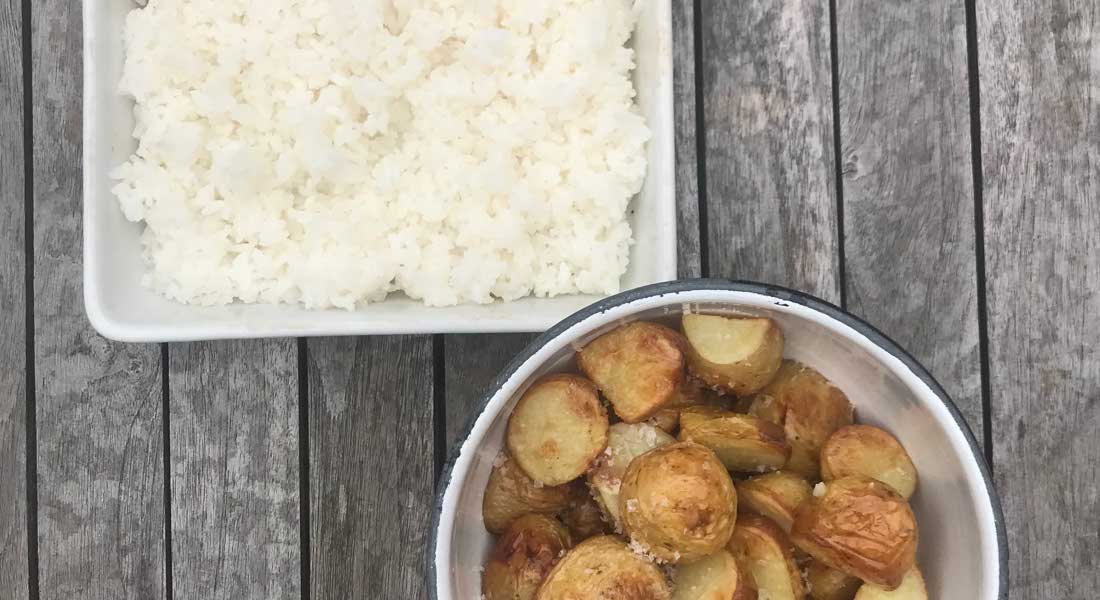
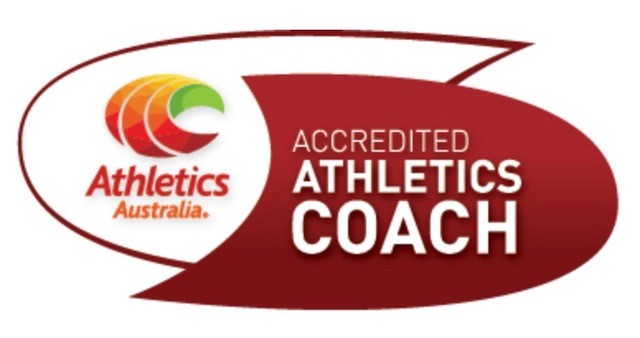

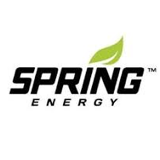
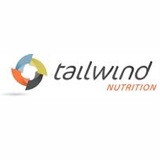



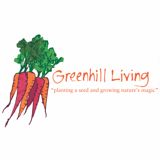
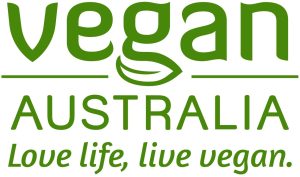

Leave a Reply